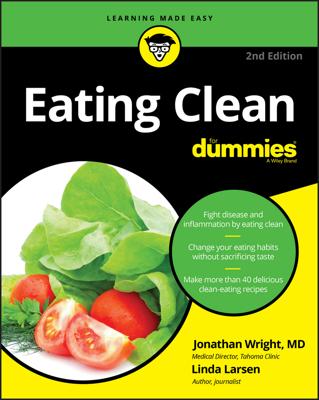The newest thing in nutrition is phytochemicals — substances that produce many of the beneficial effects associated with a diet that includes lots of fruits, vegetables, beans, and grains. If you’ve been eating plant-based food all your life you’ve been getting plenty of phytochemicals without knowing it. The following are all phytochemicals:
Carotenoids, the pigments that make fruits and vegetables orange, red, and yellow (dark green vegetables and fruits like kiwi contain these pigments, too, but green chlorophyll masks the carotenoids’ colors)
Thiocyanates, the smelly sulfur compounds that make you turn up your nose at the aroma of boiling cabbage
Daidzein and genistein, hormone-like compounds in many fruits and vegetables
Dietary fiber
These and other phytochemicals, such as vitamins (yes, vitamins), perform beneficial housekeeping chores in your body. They
Keep your cells healthy
Help prevent the formation of carcinogens (cancer-producing substances)
Reduce cholesterol levels
Help move food through your intestinal tract
The undeniable value of phytochemicals is one reason the U.S. Department of Agriculture/Health and Human Services Dietary Guidelines for Americans urges you to have at least five servings of fruits and vegetables and several servings of grains every day.
Did you notice that no minerals appear in the list of phytochemicals? The omission is deliberate. Plants don’t manufacture minerals; they absorb them from the soil. Therefore, minerals aren’t phytochemicals.

